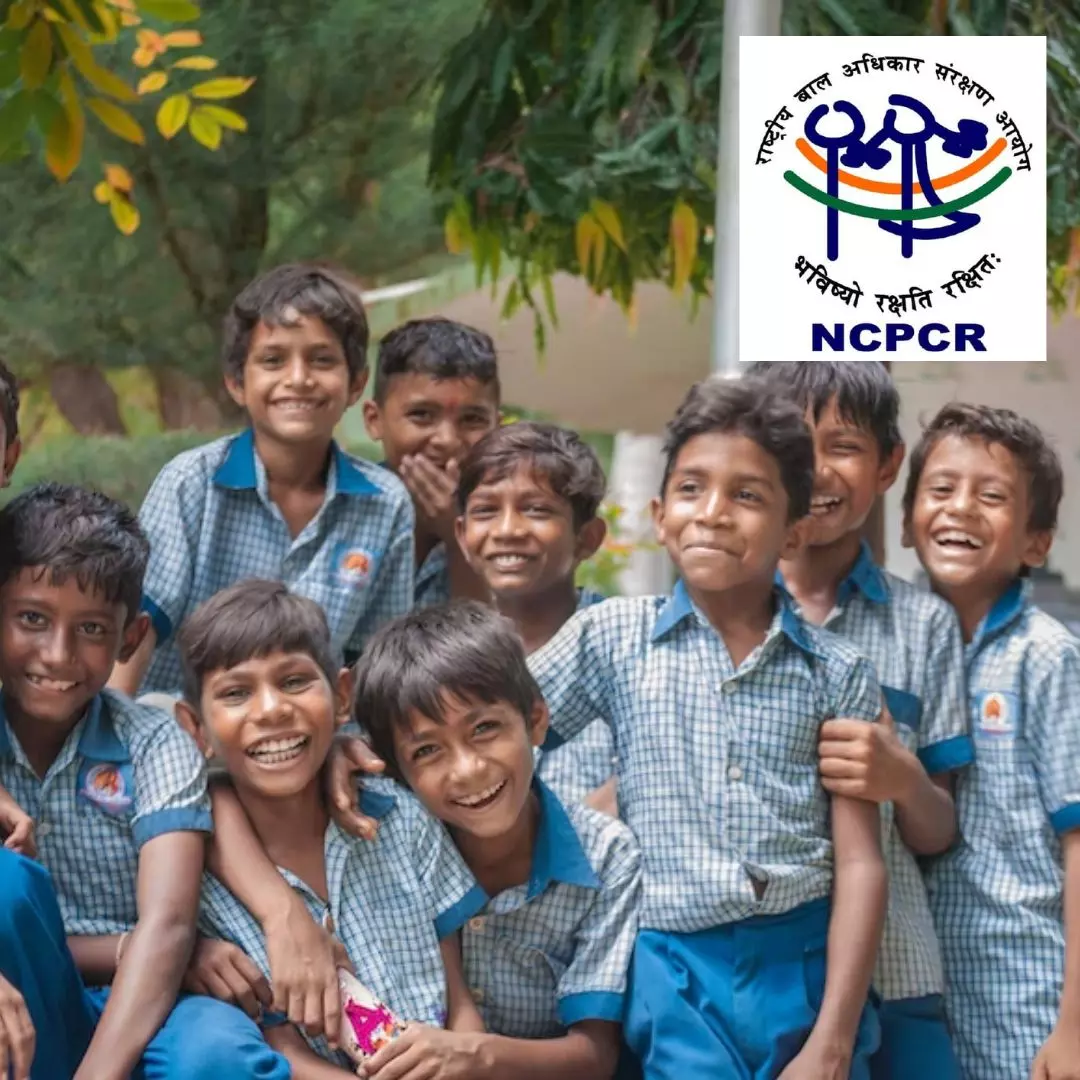Delhi Govt Orders Schools To Abide By Apex Child Rights Body's Norms On Eliminating Corporal Punishment
Writer: Deepthi Rao
She is a postgraduate student pursuing Multimedia Journalism at Christ Deemed to be University. She believes in the power of storytelling and truth. "Do it with passion or not at all."
Delhi, 31 Dec 2022 5:26 AM GMT
Editor : Shiva Chaudhary |
A post-graduate in Journalism and Mass Communication with relevant skills, specialising in content editing & writing. I believe in the precise dissemination of information based on facts to the public.
Creatives : Shiva Chaudhary
A post-graduate in Journalism and Mass Communication with relevant skills, specialising in content editing & writing. I believe in the precise dissemination of information based on facts to the public.
In the wake of the recent cases of corporal punishment in schools, the Delhi government directed educational institutions to abide by NCPCR's guidelines. NCPCR said children have the right to life and dignity, along with the right to education.
The Delhi government has ordered all recognised private schools, both government-aided and unaided, to abide by the National Commission for Protection of Child Rights (NCPCR) guidelines formulated for 'Eliminating Corporal Punishment in Schools'. This move comes after a surge in incidents of corporal punishments.
In a statement on December 29 (Thursday), the Delhi government stated that all heads of government-aided and recognised unaided private schools under the Directorate of Education are instructed to become familiar with the recommendations made by NCPCR regarding 'Eliminating Corporal Punishment in Schools' and maintain that the above suggestions are followed.
Children's Right To Life And Dignity
According to Business Standard, the NCPCR urged abolishing corporal punishment to children in schools, citing Article 21A of the constitution. NCPCR brought to attention the growing number of "corporal punishment" incidents in schools that are routinely reported to the Commission under the pretext of punishing students and maintaining discipline.
The Commission noted several cases of corporal punishment of children have resulted in the disability of some children (fractures, impaired vision, and hearing). It has also led to mental abuse, harassment, cruelty, sexual abuse, and even death due to the harshness of corporal punishment for children.
The statement also added that it is essential to note that children are citizens of this nation with fundamental rights protected by the constitution. The right to education for children under the age of 14 is protected in the constitution, which also entails Article 21, guaranteeing the right to life and dignity.
A child's freedom and dignity are violated when subjected to corporal punishment, including abuse. Additionally, it interferes with a child's right to education since kids are more inclined to skip school or stop entirely if they fear physical punishment. Thus, physical punishment violates a person's right to life and dignity.
Recent Rise In Cases
The instruction follows several similar incidents recorded in schools during the past few months. Police in Bhopal reported that a private teacher reportedly fractured a five-year-old girl's hand because she had spelt the word "parrot" incorrectly. Two weeks ago, a teacher at a Delhi school was accused of assaulting a kid in Class 5 with a pair of scissors, cutting her hair, and throwing the student off the first floor, breaking her facial bone.
Further, in Karnataka, a 10-year-old boy died after his teacher flung him from the first floor of the building. All these cases have raised concerns among parents, students, and child rights bodies about the increase in the use of corporal punishment in schools, and NCPCR's guidelines attempt to bar this practice that is being normalised in schools.
Also Read: A Growing Concern For Students: Corporal Punishment Common Practice In Schools Despite Laws
 All section
All section














